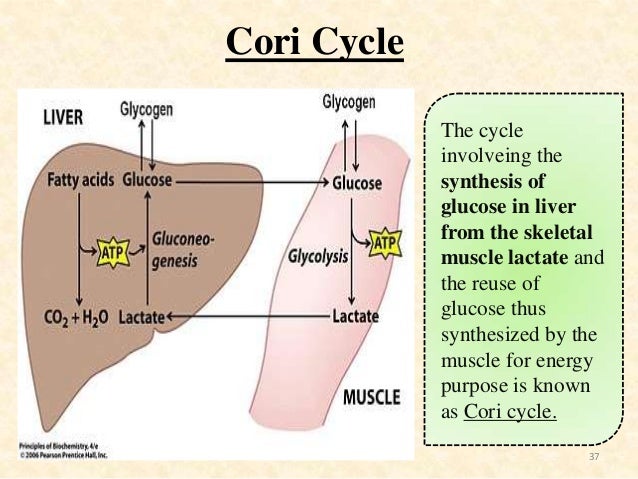NS Disease:Multiple Sclerosis
Causes:The causes of MS is unkown. MS is a autoimmune disease, which means the body's immune system attacks its own tissues. For MS, it destroys the myelin sheath which is the surrounding of the spinal cord and surrounding of the neuron's axons.Without the myelin sheath, the messages traveled along the neuron will be slowed or even blocked.It still isn't clear today why MS develops in certain people and not others but scientist believes it deals with genetics and environment.
Symptoms:
- Numbness or weakness in one or more limbs that typically occurs on one side of your body at a time, or the legs and trunk
- Partial or complete loss of vision, usually in one eye at a time, often with pain during eye movement
- Double vision or blurring of vision
- Tingling or pain in parts of your body
- Electric-shock sensations that occur with certain neck movements, especially bending the neck forward
- Tremor, lack of coordination or unsteady gait
- Slurred speech
- Fatigue
- Dizziness
- Problems with bowel and bladder function
Treatment: For attacks, Corticosteroids reduce nerve inflammation.
To modify progression, beta interferon is injected into the skin to prevent relapses. Glatiramer acetate can also help block the attack onto the myelin sheath.
Prognosis:There is no cure for MS today, but studies have shown that people who have MS have a normal life span. MS affects the quality of life more than the longevity. With a normal life span, people usually have pain and aches but can live long.
Reference:http://www.mayoclinic.org/diseases-conditions/multiple-sclerosis/basics/treatment/con-20026689





